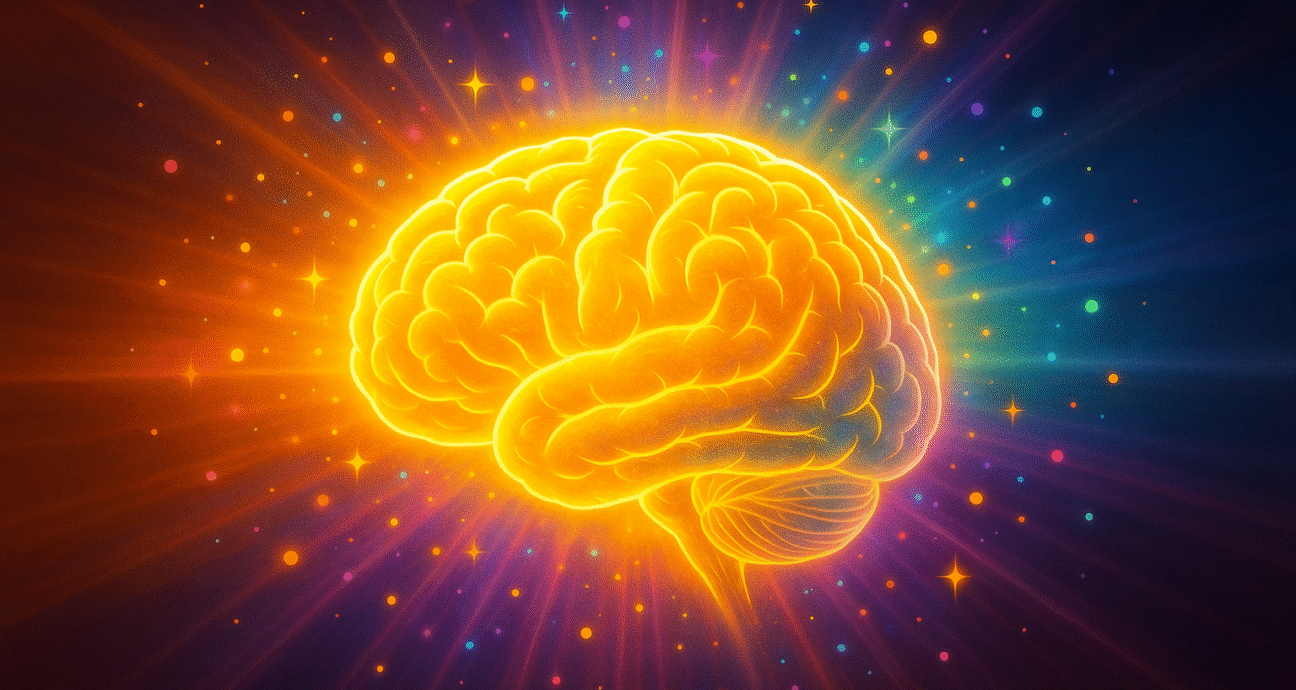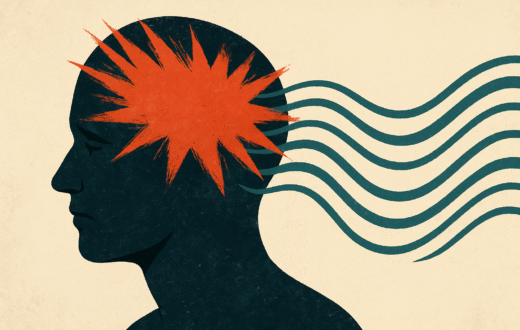Can Positive Energy Really Reshape Your Brain?

“Good vibes only” — you’ve seen the slogan on mugs, shirts, and social media feeds. But beyond being a catchy phrase, research in neuroscience suggests that positivity can do more than brighten your day. It can actually reprogram your brain and even benefit your long-term health.
How the Brain Reacts to Positivity
Although our brains are wired to detect threats (a survival trait from our ancestors), sustained positive emotions create biological and structural changes:
- Dopamine: Fuels motivation and rewards progress.
- Serotonin: Provides emotional stability and reduces anxiety.
- Endorphins: Act as natural pain relievers and mood enhancers.
- Oxytocin: Builds trust and strengthens social bonds.
The Power of Gratitude
Keeping a gratitude journal or pausing to notice small joys strengthens the brain’s prefrontal cortex, boosting decision-making and emotional balance. Over time, this practice enhances neural pathways that support optimism.
Optimism and Resilience
Optimism isn’t ignoring challenges — it’s believing you can handle them. Thanks to neuroplasticity, the brain can learn optimism, even for those naturally more pessimistic.
Why Stress Reduction Matters
While chronic stress harms memory and focus, positive emotions act as a shield, reducing cortisol and supporting mental clarity.
Five Habits to Train a Positive Brain
- Write daily gratitudes.
- Practice mindfulness meditation.
- Exercise regularly.
- Perform small acts of kindness.
- Reframe negative thoughts using CBT techniques.
Bottom line: Positive emotions are not just fleeting moods. They reshape the brain, making it stronger, healthier and more resilient.





